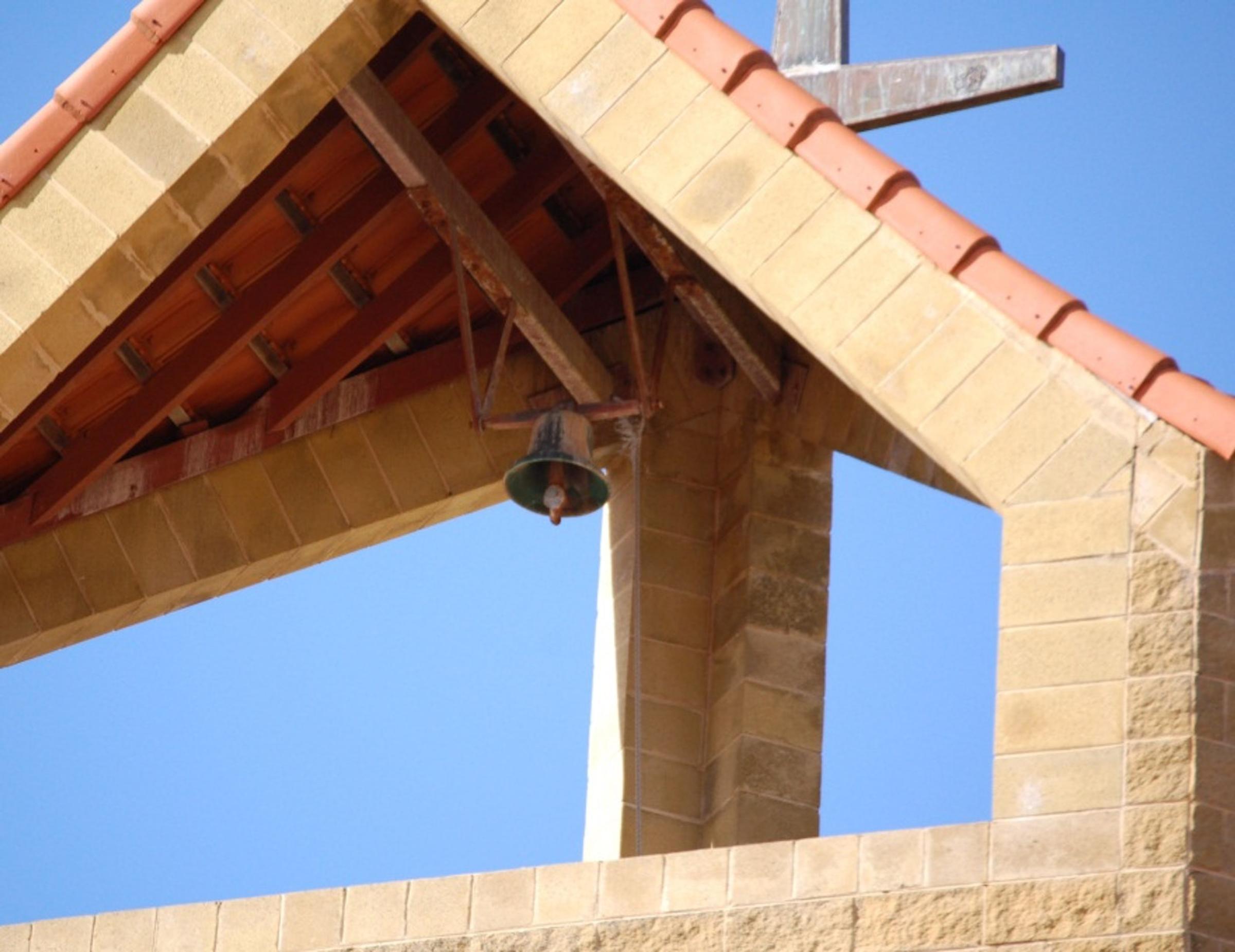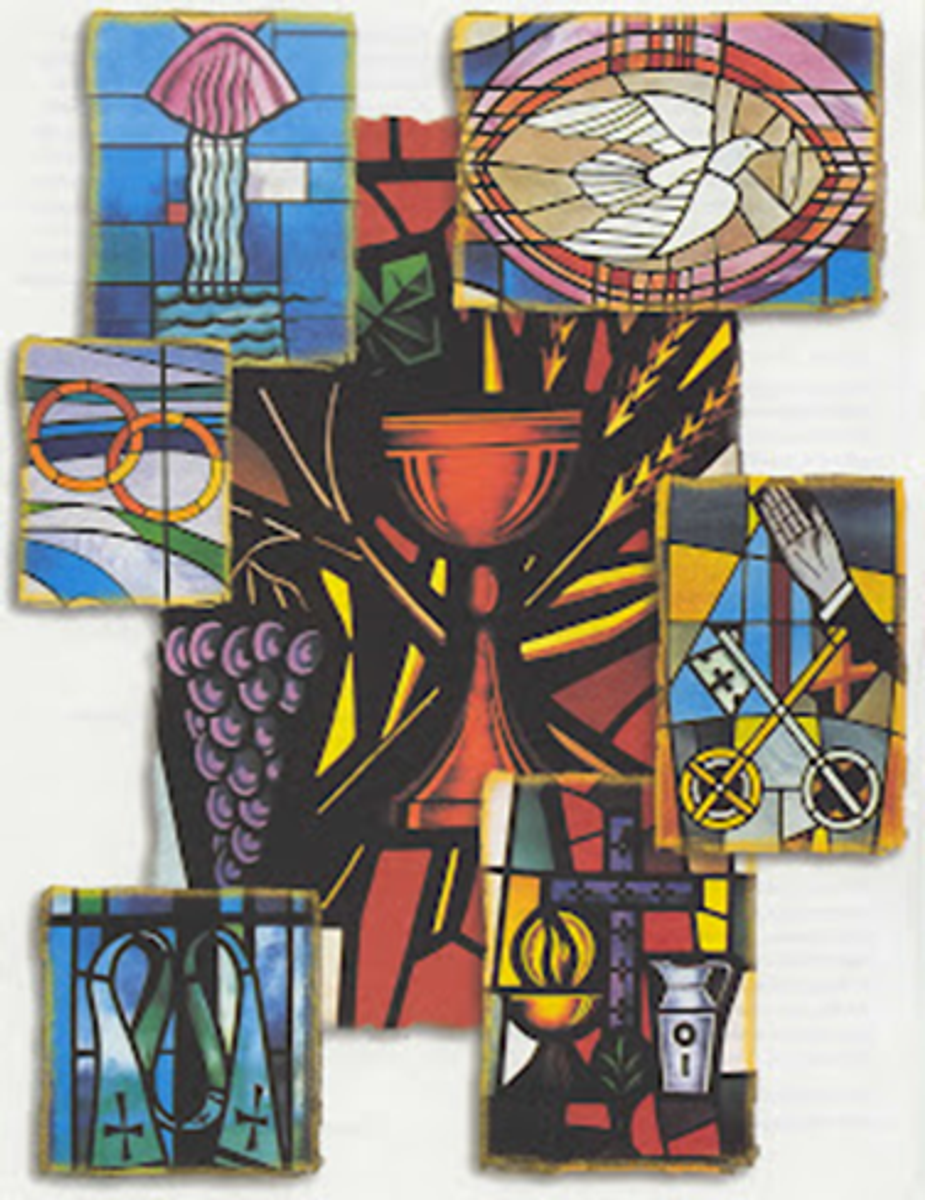Liturgy

Easter reflection
In many nations with a Christian history the most delicious recipes are those designed for Easter. Particularly the sweets. That is understandable. When Lent was a time of fasting its conclusion at Easter was a time to celebrate with lots of good food. As Eid still is in Muslim communities which celebrate the end of Ramadan; the move from fast to feast.
Jesus’ sombre last journey to Jerusalem ended with despair at his tortured death on the cross, but this was then upended by the joy and amazement of his disciples when he rose from the dead and appeared to them.
In a secular society the fasting that preceded Easter has disappeared. But Easter remains a time of celebration, marked by a few days free from work. It has also developed its own rituals – the beginning of the football season, races, camping trips and family gatherings, not to mention chocolate easter eggs and bunnies as well as the variety of special foods peculiar to the Jewish Passover and the traditions of so many immigrant communities in Australia.
Celebrations always recognise happy times and happy events, often marking the end of hard times. They also express our hope for the future – that a child baptised will live happily and fruitfully, that a family whose matriarch has just died will continue to stay close even after her death, that a peace signed at the end of war will mark the end of all wars. Often these celebrations represent hope against hope. All the evidence may point otherwise.
The celebration of Easter this year may also seem to summon an unlikely hope. Climate change, the beating of the drums of war around the world and in Australia, debt, inflation and the powerlessness of Governments to address such large issues point more to a nailed down coffin than to a tomb found empty and tended by angels. And yet we hope that goodness will triumph over evil, that life will prove stronger than depth, that our nation and world will see that the security of each of us is bound up in the service of one another.
That is the message of Easter: that hope can spring up and new life can grow in an apparently barren places, and that God is a God of life and love.
Easter 2023 reflection from Father Andrew Hamilton SJ. Father Andy is a Jesuit, a theologian, a writer and, among his many other roles, the Media Officer for Jesuit Social Services.
Easter in Parishes
As part of their Easter festivities, many families choose to participate in parish liturgies. Some of our local parishes heave shared details for their liturgies: see Doubleview and Floreat/Wembley. If you are not sure about times, there is a webpage with liturgies around Perth from today (Holy Thursday) through to Easter Sunday.
Community Mass
Students in Year 8 will prepare the first Community Mass of Term 2 – which will be on Friday 28 April. All are welcome to come and participate in this Easter Season liturgy; it is always lovey to see parents at our Friday Masses. Afterwards, parents and others are invited to the café for a quick espresso ‘to go’ or to relax for a few minutes over a latte.
Community Mass details:
- College Chapel
- Fridays in term time
- Starts: 8:00am and concludes 8:30am.
Do you have a child in Year 3, 4 or 6?
It is a special year for these students as they look forward to celebrating the sacraments in their parish with their family.
It is the parent’s right and responsibility to enrol their child in a parish sacrament program, and you are encouraged to get this done at the earliest. Even children preparing for sacraments in a Catholic school still need to be enrolled in the parish if they intend to participate.
Please be mindful that, due to numbers, some parishes (eg Saint Thomas, Claremont) will not be able to accept enrolments from families living outside the parish geographical boundary. Parish sacrament programs may vary, but usually include a workshop and commitment Mass as well as attending the rehearsal.
Please see the College website for enrolment information received from City Beach, Claremont, Doubleview and Subiaco parishes.
The sacrament program is family-focused, parish-based, Catholic school-supported. This means that parents are respected as first educators in the faith of their children and celebrate the sacraments in their parish with their children.
The family is supported by the College Religious Education program. In Year 3, students are taught the content for First Reconciliation; in Year 4, the content for First Holy Communion and in Year 6, the content for Confirmation.
If you would like further information about the Sacrament Program, please contact:
- Mary-Anne Lumley mary-anne.lumley@cewa.edu.au 08 9383 0513
- Your parish priest or Sacrament Coordinator
- The Archdiocesan website

